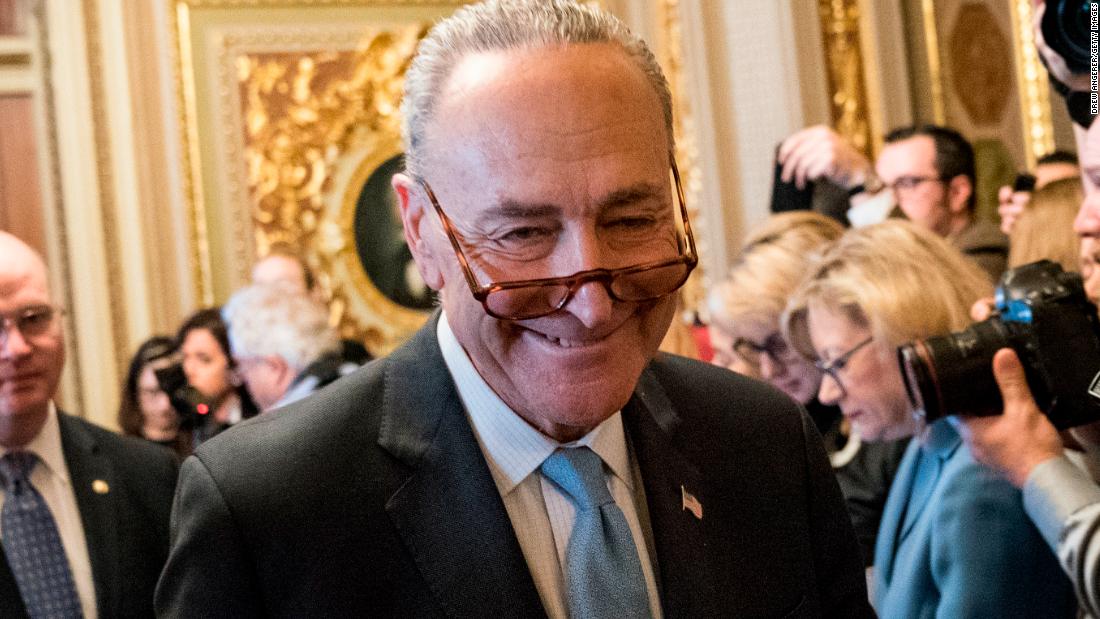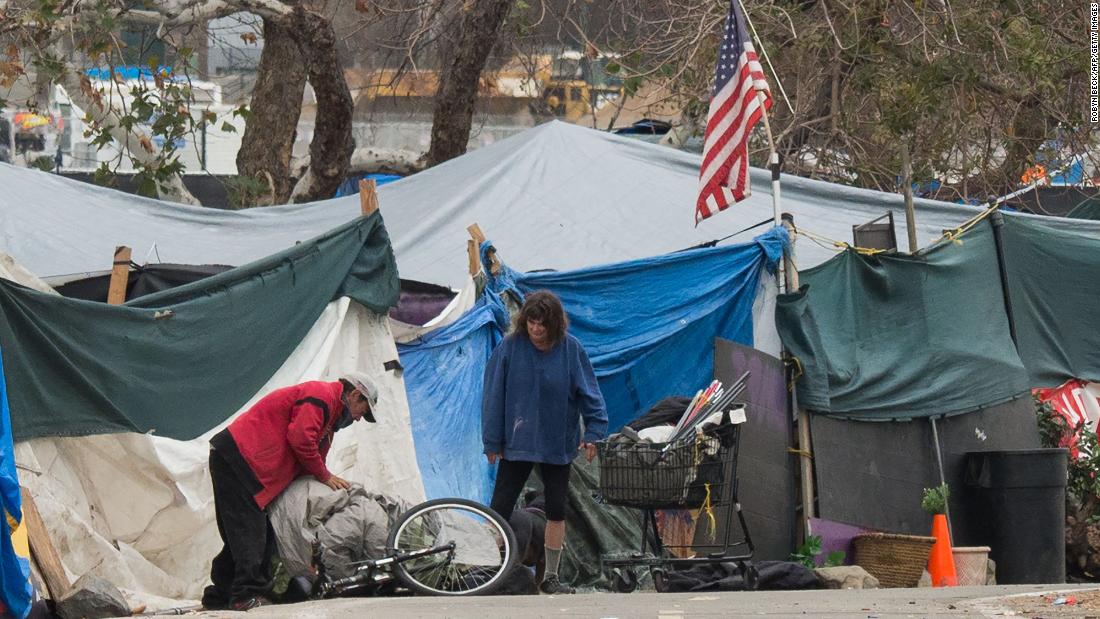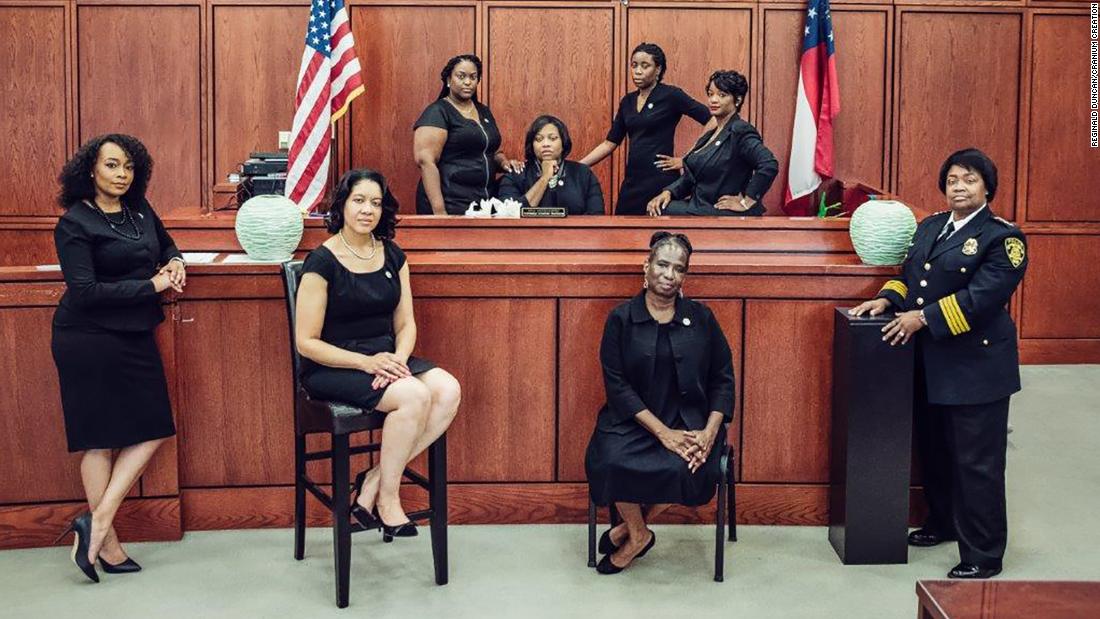Sam Guthy's Blog
Wednesday, July 4, 2018
Tuesday, July 3, 2018
Schumer introduces bill to federally decriminalize marijuana

Washington (CNN)Sen. Chuck Schumer has introduced a new bill to decriminalize and regulate marijuana at the federal level.
Original Article : HERE ; This post was curated & posted using : RealSpecific
=>
***********************************************
See More Here: Schumer introduces bill to federally decriminalize marijuana
************************************
=>
Schumer introduces bill to federally decriminalize marijuana was originally posted by Advices , News - Feed
The refugee crisis is daunting, but Canada offers an inspiring example of how to help.

Mohammad Amini is a bright, determined, 21-year-old living in Jakarta, Indonesia, with his family — or rather, what's left of it.
The Aminis belong to an ethnic group called the Hazaras, who are violently persecuted in Afghanistan. When the Taliban killed Mohammad's older brother for teaching English and threatened the rest of the family in 2014, they fled the country. Soon after, Mohammad’s grief-stricken father died of a heart attack.
Jakarta was supposed to be a temporary stop for the Aminis, who hoped to get to Australia, but they've been awaiting resettlement for four years. Refugees aren’t legally allowed to work or go to school in Indonesia, so Mohammad and his siblings, who range in age from 15 to 23, do what they can to develop their skills and contribute to society while they wait. They spend several days a week studying and volunteering at Roshan Learning Center, a community-based educational initiative serving refugees, and Mohammad studies at Kiron, an online university for refugees.
"I consider myself as a resilient person," Amini says. "I'd rather spend my time In Indonesia learning more skills, practice my languages skills, and build my character, than just waste my time to wait for my resettlement."
The Aminis make the most of their circumstances in Jakarta, but in reality, they are stuck.
Some of the thousands of asylum-seeking families in Indonesia sleep on the streets and in parks in Jakarta, with mosquito nets as shelters. Photo via Ulet Ifansasti/Getty Images.
If they go back to Afghanistan, they’ll likely be killed. If they stay in Indonesia, they can’t work, get an accredited education, or become citizens. Finances are an ongoing struggle, charity is a necessity, and their options for a safe and productive life are limited.
"We are alive with the hope of that one day we will be accepted to a third country," Amini says. "And if there is no resettlement in a third country, our whole life will be destroyed. There is no other option for us." ++
Millions of refugees like the Aminis live in this state of limbo, where chances of resettlement grow more and more unlikely.
In Indonesia, the United Nations recently told refugees that getting transferred to another country could take 15 years or more — if they’re lucky enough to be resettled at all. For the more than 65 million people who are currently displaced, and the 22 million of whom are refugees fleeing conflict or persecution, that timeline could only grow longer, according to the United Nations Refugee Agency.
While those numbers have increased, the number of refugees the U.S. accepts has been drastically reduced. Obama set the refugee ceiling at 110,000 for 2017, but Trump cut that limit to 45,000 in 2018 — the lowest in decades. And according to the International Rescue Commission, the U.S. is on track to only take in around 22,000 this year — less than half of the limit. For perspective, that's approximately one refugee for every 15,000 Americans.
The numbers don't lie: the U.S. can be doing more to help refugees. And they can look to their Northern neighbors for a resourceful way to make it happen.
Image via International Rescue Committee.
Canada empowers its people to help refugees through an inspiring private refugee sponsorship program.
In addition to government sponsorship like exists in the U.S., refugees can come to Canada through private sponsorship — a process through which a group of Canadian citizens or permanent residents provide funds and mentorship to a refugee family for one year.
The program allows sponsors to choose refugees to sponsor, cover resettlement expenses through private donation, and personally help them assimilate into Canadian society — all at little cost to the government.
About 280,000 refugees have been settled through Canada's private sponsorship program since it began in 1978.
Amir and Nour Fattal fled Aleppo, Syria, when their apartment was bombed in 2012. The Fattals never imagined they would have to leave their homeland — and never wanted to. But war changes everything.
Like the Aminis, they spent years in limbo in a stopover country. But in 2016, they and their young daughter were brought from Turkey to Toronto, Canada, through private sponsorship. Terry Dellaportas, one of the Fattals' Canadian sponsors, invited me to view the Facebook group their sponsorship group used to organize fundraising and logistics. As I scrolled through a year's worth of posts on everything from paperwork, to apartments, to airport pickup, I was struck by the raw beauty of collective human kindness.
Millions of people have been displaced by the Syrian civil war. Aleppo, once a thriving metropolis, has been reduced to rubble in many areas. Photo via Ameer Alhalbi/Getty Images.
And private sponsorship isn't just about charity.
Research shows refugees have a neutral-to-beneficial impact on the economy, largely because immigrants are twice as likely as the average citizen to start businesses. They also enrich society culturally, especially when their assimilation includes celebrating the skills and knowledge they bring with them.
The Fattals, for example, with the encouragement of their sponsors, started the Beroea Kitchen, which serves Syrian cuisine from Aleppo. "These are the meals our mothers made us when we were children and taught us how to make ourselves," Amir says on the business's website.
And they do more than just sell food. Through a community "Supper Club," Beroea brings people together to share a meal, share stories and ideas, and make friends.
Other countries have started following Canada's lead. The United States should consider it too.
Britain, Argentina, Ireland, New Zealand, and the United Arab Emirates all have private sponsorship programs in the works.
"Safety and security" is often lauded as the main reason for limiting the number of refugees America accepts. However, refugees are the most vetted group of people to enter the country and research shows that they pose no greater threat to our safety and security than the average American. Cost and jobs are also used as excuses. However, our economy is in great shape according to the president, unemployment is at historic lows, and refugees aren't a drain the economy or jobs anyway.
The main issues, then, are government spending and concerns over assimilation. Private sponsorship addresses both of those problems.
Photo via Charles McQuillan/Getty Images.
The Aminis are so similar to the Fattals — service-oriented, ambitious, and eager to contribute. But their ability to put those qualities to full use is simply a matter of circumstance.
Scott Smiley, a volunteer teacher at Roshan in Jakarta, says Mohammad and his family are exactly the kinds of citizens that nations want and need. "These people are so incredible," he says. "Countries should be bidding on them."
Developed countries should help change their circumstance.
But in the meantime, the Aminis will continue to do the only things they can in limbo — study and prepare for an uncertain future, try not to lose hope, and wait.
++ Mohammad Amini's name has been changed for the family's security.
Original Article : HERE ; This post was curated & posted using : RealSpecific
=>
***********************************************
Article Source Here: The refugee crisis is daunting, but Canada offers an inspiring example of how to help.
************************************
=>
The refugee crisis is daunting, but Canada offers an inspiring example of how to help. was originally posted by Advices , News - Feed
A Glowing Red ‘Blood Moon’ In July Will Be The Longest Lunar Eclipse In A Century Here’s How To See It
- A blood moon — and the longest lunar eclipse of the 21st century — will occur on the night of July 27 and the morning of July 28.
- The total eclipse is set to last for 1 hour and 43 minutes.
- The eclipse will only be visible in the Eastern Hemisphere.
July is shaping up to be an excellent month for astronomy fans.
On the night of July 27 and the early morning hours of July 28, skywatchers in the Eastern Hemisphere will be treated to the longest lunar eclipse set to occur in the 21st century, EarthSky reports.
Astronomers expect the total eclipse to last for a full 1 hour and 43 minutes, with the partial eclipse — which occurs before and after the total eclipse phase — lasting for 3 hours and 55 minutes.
A lunar eclipse occurs when the Sun, Earth, and Moon are directly aligned, and the moon's orbit brings it directly into Earth's shadow. This particular eclipse will last so long because the moon will pass directly into the darkest region of Earth's shadow, known as the umbra, which will also give the moon a reddish "blood moon" sheen.
July's full moon will happen at the same time as the moon's apogee — which is when the moon hits its furthest point from Earth in its monthly orbit, according to EarthSky. It'll be the smallest and furthest full moon of the year, which means the moon will take more time to pass through Earth's dark shadow, making the eclipse last longer.
The longest possible lunar eclipse is 1 hour and 47 minutes, according to EarthSky.
The total eclipse will begin at 7:30 p.m. UTC, and end at 9:13 p.m. UTC. The peak of the eclipse will occur at 8:22 p.m. UTC.
Just a few days after the lunar eclipse, Mars will pass by Earth at its closest point to since 2003. On July 31, the red planet will be only 35.8 million miles away from Earth, making it clearly visible to the naked eye.
Stargazers in the Eastern Hemisphere will easily be able to see both Mars and the blood moon on July 27 and 28.
Read the original article on Business Insider. Follow us on Facebook and Twitter. Copyright 2018.
Read next on Business Insider: Elon Musk Says He'll Colonize Mars — But The Closest We've Come Was This Grand Experiment In The Arizona Desert 25 Years Ago
Original Article : HERE ; This post was curated & posted using : RealSpecific
=>
***********************************************
Read Full Article Here: A Glowing Red ‘Blood Moon’ In July Will Be The Longest Lunar Eclipse In A Century Here’s How To See It
************************************
=>
A Glowing Red ‘Blood Moon’ In July Will Be The Longest Lunar Eclipse In A Century Here’s How To See It was originally posted by Advices , News - Feed
America’s poor becoming more destitute under Trump, UN report says

Atlanta (CNN)Americans born into poverty are more likely than ever before to stay that way, according to a United Nations report on poverty and inequality in the US.
Who are America's working poor?


The underemployed

What is absolute poverty?
Original Article : HERE ; This post was curated & posted using : RealSpecific
=>
***********************************************
Read More Here: America’s poor becoming more destitute under Trump, UN report says
************************************
=>
America’s poor becoming more destitute under Trump, UN report says was originally posted by Advices , News - Feed
Every single person in charge of law and order in this Georgia town is a black woman

(CNN)When LaDawn "LBJ" Jones walked into a meeting at work a couple of months ago, she was hit with a serious case of "black girl magic."
- Chief Judge Tiffany Carter Sellers
- interim Police Chief Sheila Rogers
- solicitor LaDawn "LBJ" Jones
- public defender Viveca Famber Powell
- court administrator Lakesiya Cofield
- chief court clerk Ramona Howard
- court clerk Tiffany Kinslow
- court clerk Kerry Stephens

They didn't plan this

They are becoming a source of pride


They understand what it's like to fear the criminal justice system


They administer justice a little differently
- Its municipal court has a pretrial diversion program called "Second Chance South Fulton," which looks at people's records to see if they can be diverted from the criminal justice system and instead given resources, such as counseling, to keep them out of further trouble. Sellers, who was a trial attorney for over a decade, said she's never seen a pretrial diversion program at the municipal court level as strong as the one in South Fulton.
- Under state law, defendants don't need to have an attorney present when they first go before a judge. In South Fulton, however, every defendant is given a public defender for their first appearance. "The law doesn't require that you get a lawyer for that. I think that's kind of silly," Sellers said. "I think we can do it better, so we do."
- The city places extra emphasis on educating citizens about the law. "I think that we should be educating people that if you are driving with a suspended tag, your license will be suspended for six months if you are found guilty," Sellers said. "People don't know that, but it's a reality that happens every day. I'm very big on making sure that people really understand the law, understand the consequences of bad decisions." She added, "I think it's part of the woman thing that we do, where we nurture people ... to seek a life-changing, life-altering result."
Original Article : HERE ; This post was curated & posted using : RealSpecific
=>
***********************************************
See More Here: Every single person in charge of law and order in this Georgia town is a black woman
************************************
=>
Every single person in charge of law and order in this Georgia town is a black woman was originally posted by Advices , News - Feed
************************************************************